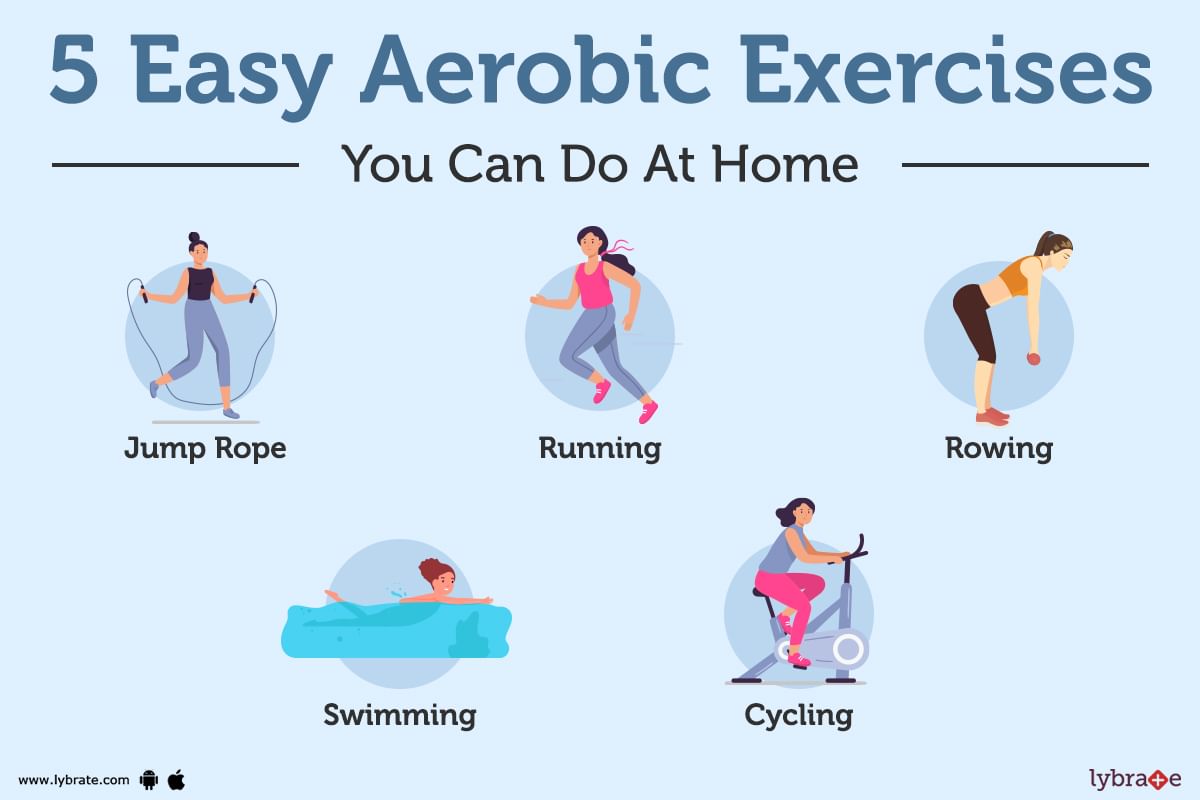Introduction
In a world where productivity is prized and information never stops flowing, cognitive fitness has become a modern superpower. Much like physical fitness, cognitive fitness refers to the brain’s ability to learn, reason, remember, and adapt. It’s not just about avoiding mental decline—it’s about building a brain that stays sharp, flexible, and resilient.
Read More- Sleep and Mental Health
What Is Cognitive Fitness?
Cognitive fitness involves optimizing mental agility, attention, memory, emotional regulation, and executive function—the higher-order thinking skills we use to plan, focus, and make decisions (Ratey, 2008). It’s not limited to age-related concerns either; whether you’re a student, a working professional, or a retiree, training your brain can improve daily performance and long-term mental health.
Why It Matters Now
Neuroscience has debunked the myth that cognitive decline is inevitable. Thanks to neuroplasticity—the brain’s ability to reorganize itself by forming new neural connections—we now know that the brain can grow stronger with the right challenges and habits (Doidge, 2007). In fact, lifestyle choices may account for up to 70% of brain aging outcomes (Alzheimer’s Society, 2022).
5 Practical Techniques to Boost Cognitive Fitness
Here are some evidence-based techniques to improve your brain health and performance-
1. Exercise Regularly
Physical activity increases blood flow to the brain and stimulates the release of brain-derived neurotrophic factor (BDNF), a protein linked to learning and memory.

Try: 30 minutes of moderate aerobic exercise (like brisk walking or cycling) 4–5 times a week.
Read More- Mindfulness
2. Practice Mindfulness Meditation
Meditation improves attention span, emotional regulation, and even increases gray matter in brain areas related to learning and memory (Hölzel et al., 2011).
Try: 10–20 minutes of mindfulness meditation daily using apps like Headspace or Calm.
3. Challenge Your Brain
Just like muscles, your brain grows through resistance. Learning something new—especially something complex—can build new neural pathways.

Try: Learning a language, playing a musical instrument, or picking up chess or sudoku.
4. Prioritize Quality Sleep
During deep sleep, your brain consolidates memories and clears out toxins. Poor sleep is linked to impaired attention, problem-solving, and emotional stability.
Try: Aim for 7–9 hours of sleep, keep a consistent schedule, and reduce screen time before bed.
5. Eat Brain-Friendly Foods
Omega-3 fatty acids, antioxidants, and flavonoids are known to support cognitive function and delay decline.

Try: Incorporate fatty fish, berries, leafy greens, and dark chocolate into your diet.
Think of Your Brain Like a Muscle
Cognitive fitness isn’t just a trendy buzzword—it’s a long-term investment in your mental agility, creativity, and quality of life. By making a few smart lifestyle changes today, you can build a sharper, stronger brain for the future.
References
Alzheimer’s Society. (2022). Risk factors for dementia.
Doidge, N. (2007). The Brain That Changes Itself. Penguin.
Gómez-Pinilla, F. (2008). Brain foods: The effects of nutrients on brain function. Nature Reviews Neuroscience, 9(7), 568–578.
Hillman, C. H., Erickson, K. I., & Kramer, A. F. (2008). Be smart, exercise your heart. Nature Reviews Neuroscience, 9(1), 58–65.
Hölzel, B. K., et al. (2011). Mindfulness practice leads to increases in regional brain gray matter density. Psychiatry Research: Neuroimaging, 191(1), 36–43.
Park, D. C., & Bischof, G. N. (2013). The aging mind: Neuroplasticity in response to cognitive training. Dialogues in Clinical Neuroscience, 15(1), 109–119.
Ratey, J. J. (2008). Spark: The Revolutionary New Science of Exercise and the Brain. Little, Brown.
Walker, M. (2017). Why We Sleep. Scribner.
Subscribe to PsychUniverse
Get the latest updates and insights.
Join 3,022 other subscribers!
Niwlikar, B. A. (2025, April 8). 5 Game-Changing Habits to Supercharge Your Cognitive Fitness. PsychUniverse. https://psychuniverse.com/cognitive-fitness/



